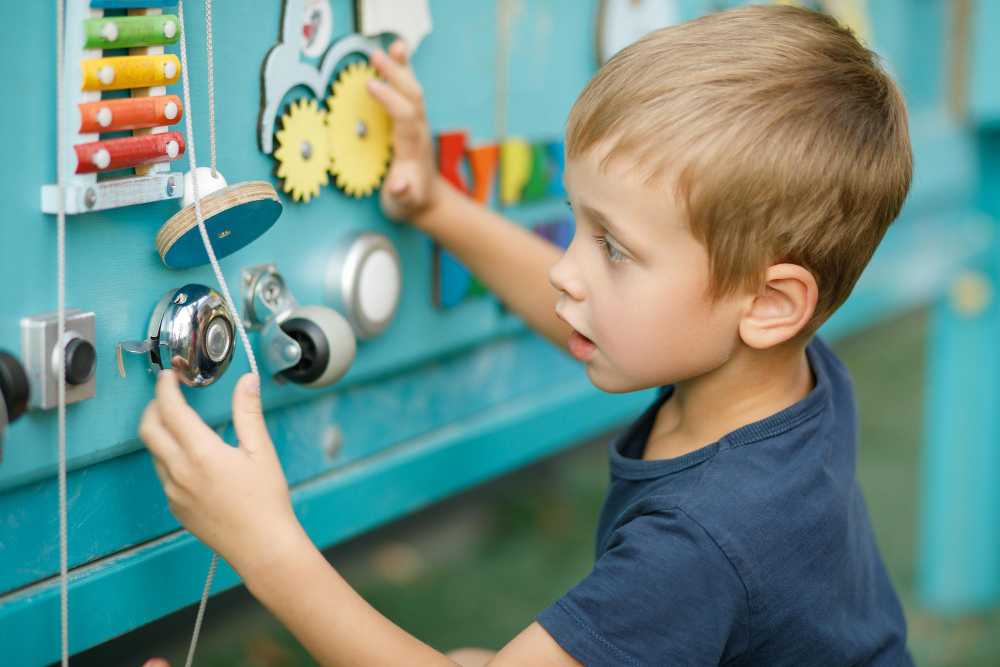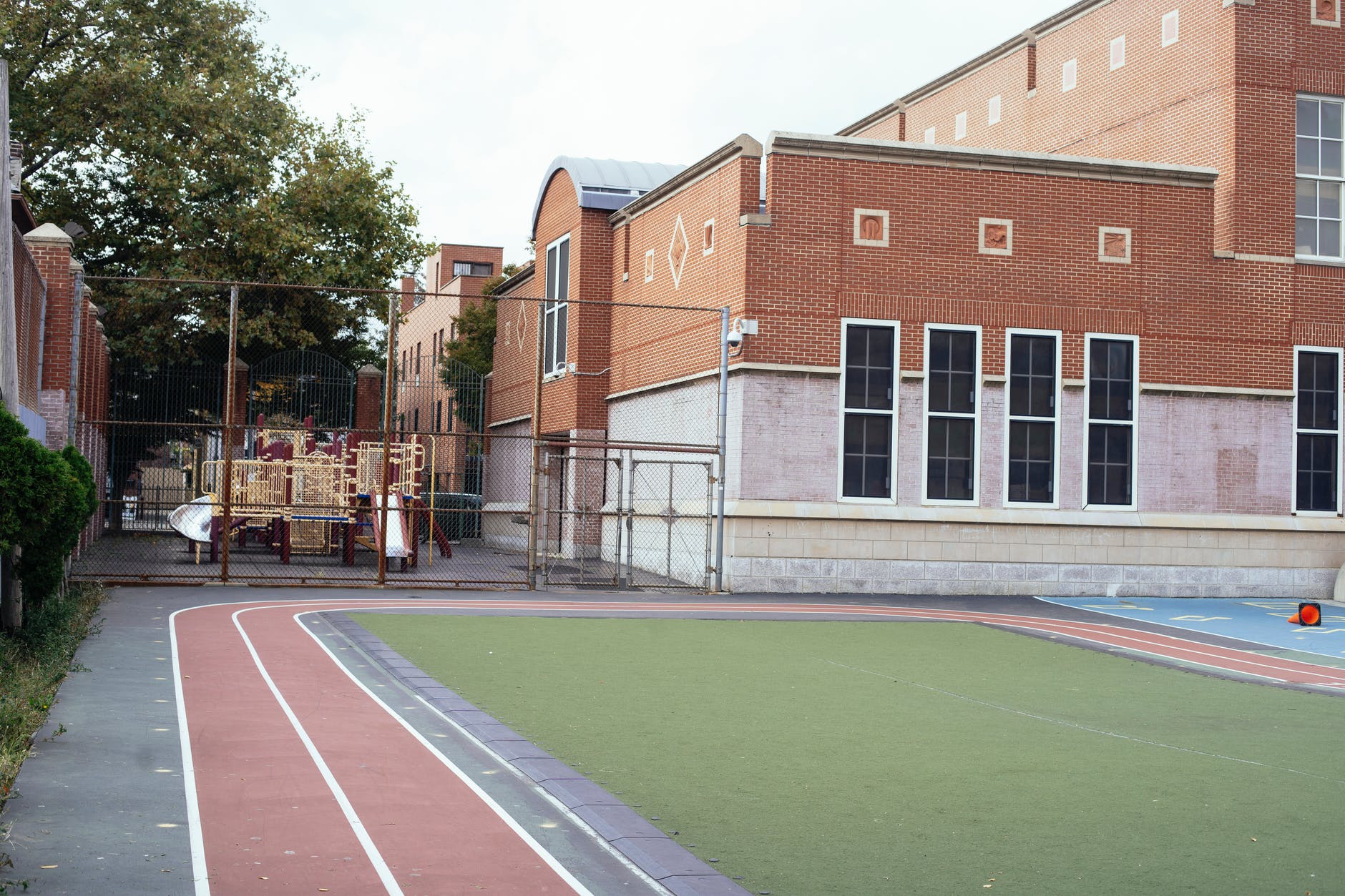Understanding the Ripple Effect
The Toll of Constant Conflict on Children
When you bring a child into this world, you embark on a journey filled with love, joy, and endless responsibilities. As new parents, you’re often navigating through sleepless nights, diaper changes, and feeding schedules, but amidst all this, it’s crucial to recognize the impact your relationship dynamics can have on your child’s development. One significant factor that often gets overlooked is the frequency and intensity of fights between you and your spouse.
The Silent Observers
Children are like sponges, absorbing everything that happens around them, including the tension between their parents. Even if you think they’re too young to understand or remember, the truth is, they’re silently observing and internalizing every interaction. From raised voices to slammed doors, the emotional atmosphere created by constant conflict can leave a lasting impression on young minds.
Emotional Stability
A stable and nurturing environment is essential for a child’s emotional well-being and development. When parents engage in frequent arguments or unresolved conflicts, it disrupts this stability, leaving children feeling anxious, insecure, and unsure of their surroundings. This can lead to emotional issues such as low self-esteem, anxiety, and difficulty forming healthy relationships later in life.
Behavioral Patterns
Children learn by example, and the way parents handle conflict sets a precedent for how they’ll navigate relationships in the future. If they consistently witness yelling, hostility, or avoidance tactics during disagreements, they may internalize these behaviors and replicate them in their own interactions. This can contribute to a cycle of conflict that spans generations unless intentionally addressed and corrected.
Academic Performance
The impact of parental conflict isn’t limited to emotional and behavioral aspects; it can also affect a child’s academic performance. Studies have shown that children exposed to frequent arguments at home may struggle to concentrate, exhibit disruptive behavior in school, and experience difficulty in retaining information. This can hinder their learning and academic achievement over time.
Nurturing Healthy Relationships
As parents, it’s natural to have disagreements, but how you handle them matters significantly. Instead of resorting to heated arguments or silent treatments, strive to communicate respectfully and resolve conflicts constructively. By modeling healthy conflict resolution skills, you’re not only fostering a positive atmosphere at home but also equipping your child with valuable tools for managing their own relationships in the future.
Prioritize Communication
Open and honest communication is the cornerstone of a strong relationship. Make time to discuss your feelings, concerns, and perspectives with your spouse in a calm and respectful manner. Encourage active listening, empathy, and compromise to find mutually beneficial solutions to conflicts. Remember, it’s not about avoiding disagreements altogether but about addressing them in a constructive way.
Create a Safe Haven
Your home should be a sanctuary where your child feels loved, supported, and secure. Minimize exposure to unnecessary conflict by setting boundaries around sensitive topics and refraining from arguing in front of your child. Create designated spaces for discussing disagreements privately, away from little ears. This ensures that your child’s emotional well-being remains protected.
Seeking Support
If you find yourselves caught in a cycle of escalating conflict, don’t hesitate to seek professional help. Family therapists or counselors can provide valuable insights, tools, and strategies for improving communication, resolving conflicts, and strengthening your relationship. Remember, seeking help is a sign of strength and commitment to your family’s well-being.
Conclusion
In the whirlwind of parenthood, it’s easy to overlook the impact of marital conflict on your child’s development. However, by prioritizing healthy communication, conflict resolution, and creating a nurturing environment at home, you can mitigate the negative effects and foster a supportive atmosphere where your child can thrive emotionally, behaviorally, and academically. Remember, your relationship sets the foundation for your child’s future, so invest in it wisely.












